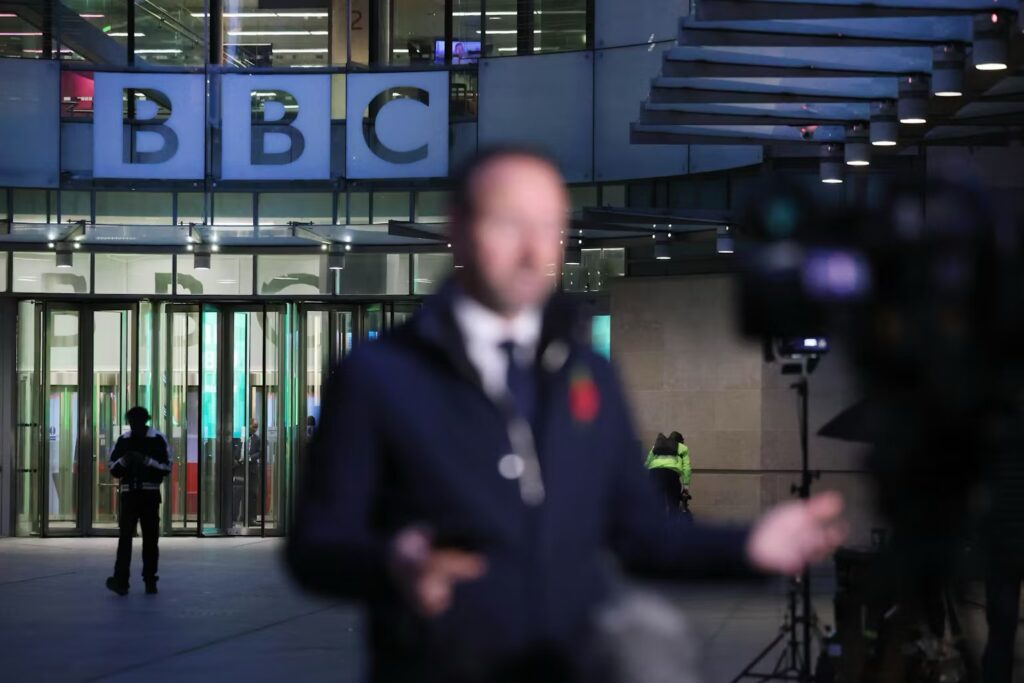In a waterside house in the town of Lakeland, Florida, Marven laughs with two women he loves dearly - his sister Rochelle and their biological mother, Guerline.
The warmth between them is unmistakable as they celebrate his 16th birthday, even though they spent a decade apart. Now they fear being separated again.
Also celebrating is Stacey Nageli Angulo, who adopted Marven when he was three years old, from Haiti, in the wake of a devastating earthquake in 2010.
She helped Guerline and Rochelle come to the US three years ago, reuniting the family, as spreading gang violence triggered a fresh humanitarian crisis in the Caribbean island nation.
The two Haitian women, whose names we have changed for their safety, live and work legally in the US under a scheme called Temporary Protected Status (TPS). It provides protection for people already in the US who are from countries hit by war or natural disaster.
But TPS is due to end for 350,000 Haitians in February, as part of US President Donald Trump's sweeping changes to immigration policies.
Rochelle, now aged 21, cheers, as Marven blows out his candles, but Guerline's smile falters. In just a few months, the two women could be deported.
After the earthquake, Guerline lived in Haiti's capital Port-au-Prince, struggling to provide for her children. She says offering Marven for adoption scarred her, but she wanted a better life for him.
Stacey, who now renovates properties after a career in the corporate world, says she felt compelled to adopt a child from Haiti in the aftermath of the disaster and raised Marven alongside her two biological children.
More recently, hearing about the violence, she began researching legal routes to the US for Rochelle and Guerline. When a humanitarian scheme opened in 2023, they applied immediately. Three weeks later they were approved and on an airplane and here with us, she says.
The two Haitian women moved into a caravan on Stacey's driveway, before renting an apartment locally. Guerline now works in a hotel. Rochelle has jobs at a supermarket and a nursery, and dreams of becoming a nurse.
Marven often sleeps over at their apartment and loves the Haitian food Guerline cooks. He says his life now feels more complete.
But Rochelle and Guerline are terrified of returning to Haiti. The gang violence has displaced a tenth of the population, according to the UN, with kidnappings and killings rising sharply. Rape and arson are rampant.
Stacey voted for President Trump in the past three presidential elections but is now horrified that Rochelle and Guerline could be sent back.
Do we want open borders? Absolutely not. Do we want criminals deported? Absolutely, she says. But to rip families apart like ours and deport people to countries where it's absolutely unsafe… is unthinkable and unconscionable.
Rochelle says her biggest fear in Port-au-Prince was being kidnapped. I was at school and I've seen young girls like me get kidnapped, she says. They asked a ransom for them and then they didn't get them back, she says, adding that she believes some girls who are taken are either raped or killed.
She says she receives harrowing videos from friends and relatives in Haiti every day, including bodies being burned and gang shootouts: There's gun fighting all the time. You can't really go out.
The situation surrounding Temporary Protected Status (TPS) for Haitians is precarious. While past extensions have been granted, the US government now claims conditions in Haiti have improved enough for citizens to return, a claim met with skepticism amidst ongoing violence and unrest.
As Marven enjoys his birthday with family, the shadow of deportation looms large, leaving the family unsure of their future.





















